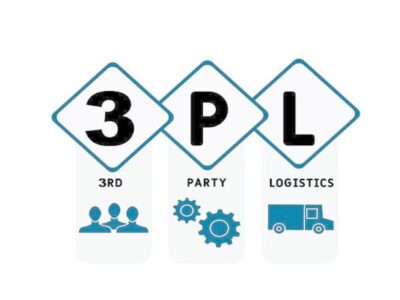Bitcoin, the first cryptocurrency, has brought about a revolution in the digital era, enabling instant exchanges on digital platforms. Unlike traditional currencies issued by governments and banks, Bitcoin operates in a decentralized manner, without the need for a central authority. This unique feature has had a significant impact on the global economy, with both positive and negative implications for various stakeholders.
Understanding the Out of the Box Theory
Bitcoin’s decentralized nature means that it operates without the involvement of intermediaries, making it a peer-to-peer form of currency. Transactions are conducted directly between parties, without the need for currency conversion, which has implications for economic policies and the global image of traditional reserve currencies like the US dollar. This out-of-the-box theory challenges traditional notions of currency and has gained traction as a global trend in the cryptocurrency market.
The Positive Impact of Bitcoin
Bitcoin has brought several positive changes to the global economy, including:
- Decentralization: The absence of a central authority or jurisdiction makes Bitcoin transactions more transparent and removes the need for intermediaries, reducing transaction costs and delays.
- Privacy: Bitcoin transactions are pseudonymous, providing users with a level of privacy and anonymity in their transactions. However, it’s important to note that transactions on the Bitcoin blockchain are public, and users need to exercise caution to protect their personal information.
- Accessibility: Bitcoin has opened up new opportunities for financial inclusion, allowing individuals in underbanked or unbanked areas to access financial services and participate in the global economy.
The Negative Impact of Bitcoin
While Bitcoin has brought several positive changes, it also has some potential drawbacks, including:
- Volatility: The value of Bitcoin is highly volatile, leading to concerns about its stability and reliability as a form of currency for everyday transactions.
- Regulatory Concerns: The decentralized nature of Bitcoin has raised regulatory concerns in many countries, leading to varying degrees of acceptance and adoption.
- Security Risks: Bitcoin transactions are irreversible, and the lack of regulation and oversight in the cryptocurrency market has led to security risks such as fraud, hacking, and scams.
Introducing Crypto Mixers for Enhanced Privacy
To address the privacy concerns associated with Bitcoin transactions, a new concept called “crypto mixers” has emerged. Crypto mixers are services that break the transaction trail and mix multiple transactions to enhance privacy and anonymity. By mixing transactions, crypto mixers make it difficult to trace the origin and destination of Bitcoin transactions, providing users with an additional layer of privacy and security.
Using Crypto Mixers
Points to Consider While crypto mixers can enhance privacy in Bitcoin transactions, it’s important to exercise caution and consider the following points:
- Trustworthiness: Choose reputable and trustworthy crypto mixer to ensure the privacy and security of your transactions. Research and read reviews before using any crypto mixer service.
- Legal and Regulatory Considerations: Understand the legal and regulatory landscape in your country regarding the use of crypto mixers. Some countries may have restrictions or regulations on the use of such services.
- Lack of Transparency: Crypto mixers operate in a relatively unregulated space, and their operations may not be transparent. Consider the risks associated with the lack of transparency before using a crypto mixer service.
Conclusion
Bitcoin has brought about a revolution in the global economy, challenging traditional notions of currency and financial transactions. While it has several positive impacts, it also has potential drawbacks, including privacy concerns. Crypto mixers offer a new dimension of privacy in Bitcoin transactions, but it’s essential to carefully research and choose reputable services while considering the legal and regulatory landscape.











Comments